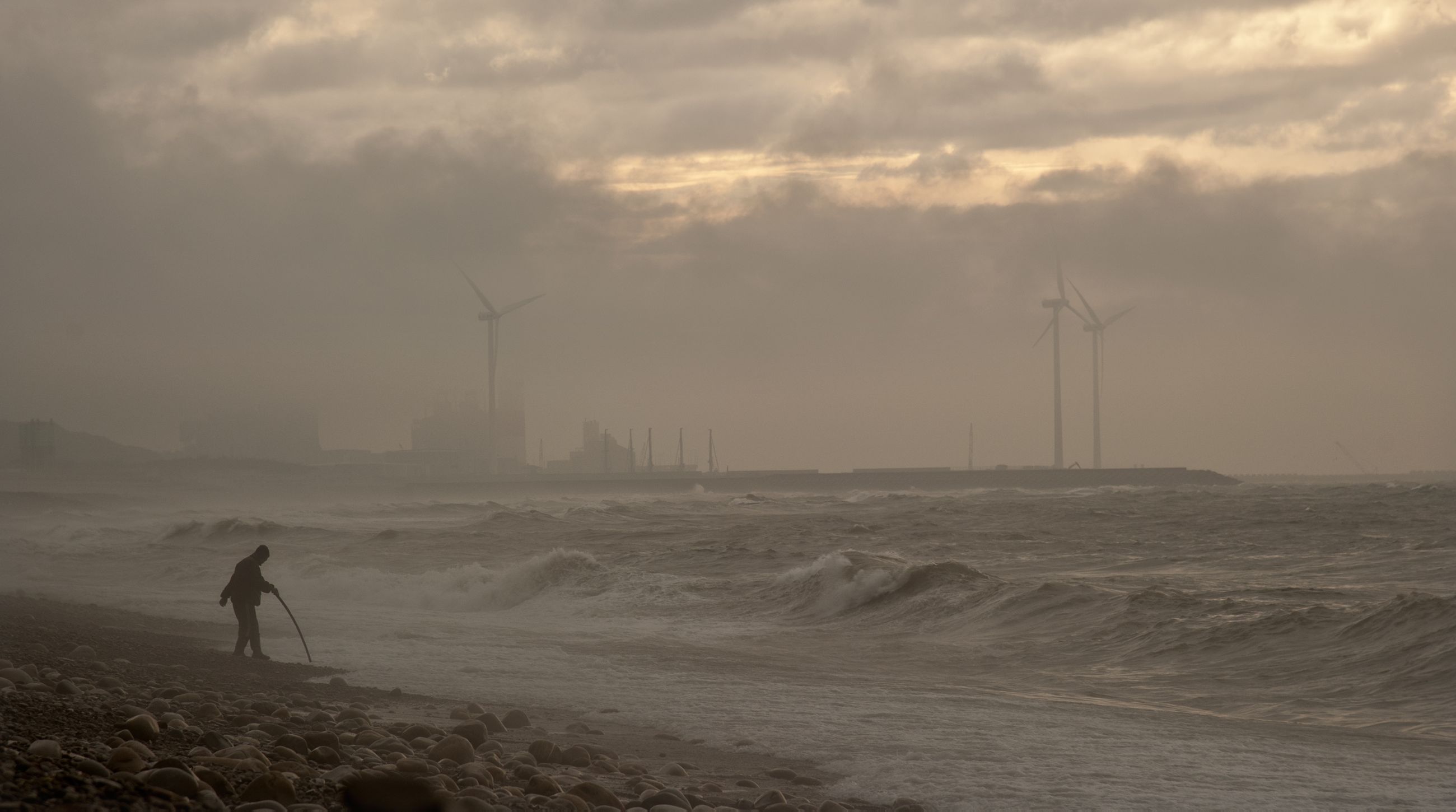US-China Deal on Carbon Emissions to Potentially Impact Climate Talks
In 1997, the world’s first climate change treaty, the Kyoto Protocol, failed to stop the rise of plant-warming pollution. Nearly two decades later, there is new hope for the impending climate change negations that are to occur in Paris next year.
Earlier this month, Obama and Xi Jinping, China’s president, came to an agreement to commit to lowering their nations’ carbon emissions. The ramifications of such a commitment from two of the world’s largest emitters has many environmentalists excited for a shift in global politics.
As David B. Sandalow, Obama’s former assistant secretary for energy policy and international affairs, comments, “For the world’s biggest emitters to be coming together and announcing concrete numbers, serious numbers, sends a signal to the world.” One of the many reasons the Kyoto Protocol is not considered a success is due to a standoff between the two nations who refused to sign the deal in 1997.
The Kyoto plan was meant to force developed countries, such as the United States, to cut fossil fuel emissions, while developing countries like China were exempt. Due to these conditions, the United States refused to ratify the treaty. Since 1997, China has grown to become one of the world’s largest carbon polluters. The standoff between two of the world’s superpowers caused many other governments to refuse to cut emissions as well.
Despite these negotiations, many experts claim that these emissions reductions are not enough to reduce the global atmospheric temperatures. Scientists expect the atmospheric temperature to increase by at least 2 degrees Celsius, tipping the planet into a trend of dangerous warming. Such conditions will result in the loss of large areas of arable land, melting Arctic sea ice and rapidly increasing sea levels, among many other dreadful climate changes.
These Scientists have concluded that in order to avoid such catastrophic conditions, the world’s largest economies must commit to a much more extreme plan of emission reduction, in a much shorter amount of time. Additionally, many Paris deal-negotiating experts claim that in order for significant change to occur, the final deal must include a tax on industries for their carbon emissions.
Although many are hopeful for the upcoming Paris negotiations, others are taking a more pragmatic stance. Laurence Tubiana, France’s climate change ambassador to the United Nations, states that she does not believe the Paris deal will result in a traditional treaty. Tubiana envisions a “Paris Alliance” which she anticipated will resemble a collection of targets pledge by individual countries, as well as governmental pledges to follow through with domestic action.
The opinions on how the Paris deal will pan out are varied; many are not convinced how the agreement between the United States and China will influence other major emitters. Despite these concerns, negotiators can all agree that if the treaty fails to stave off a 2-degree temperature increase, the 2015 deal must include provisions to assist poor countries deal with the resulting climate change. Rich countries will meet in Berlin to formally announce their pledges for such provisions, with hopes of reaching their $100 billion goal.



